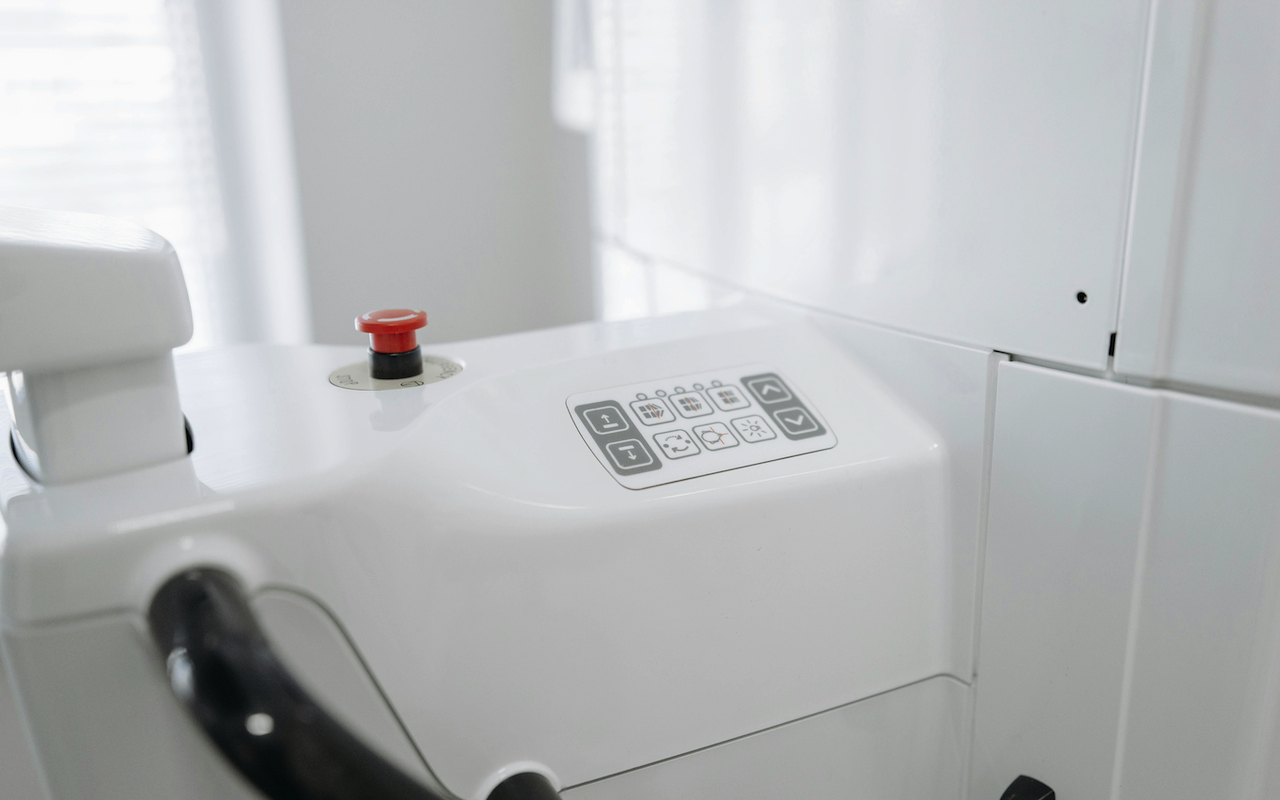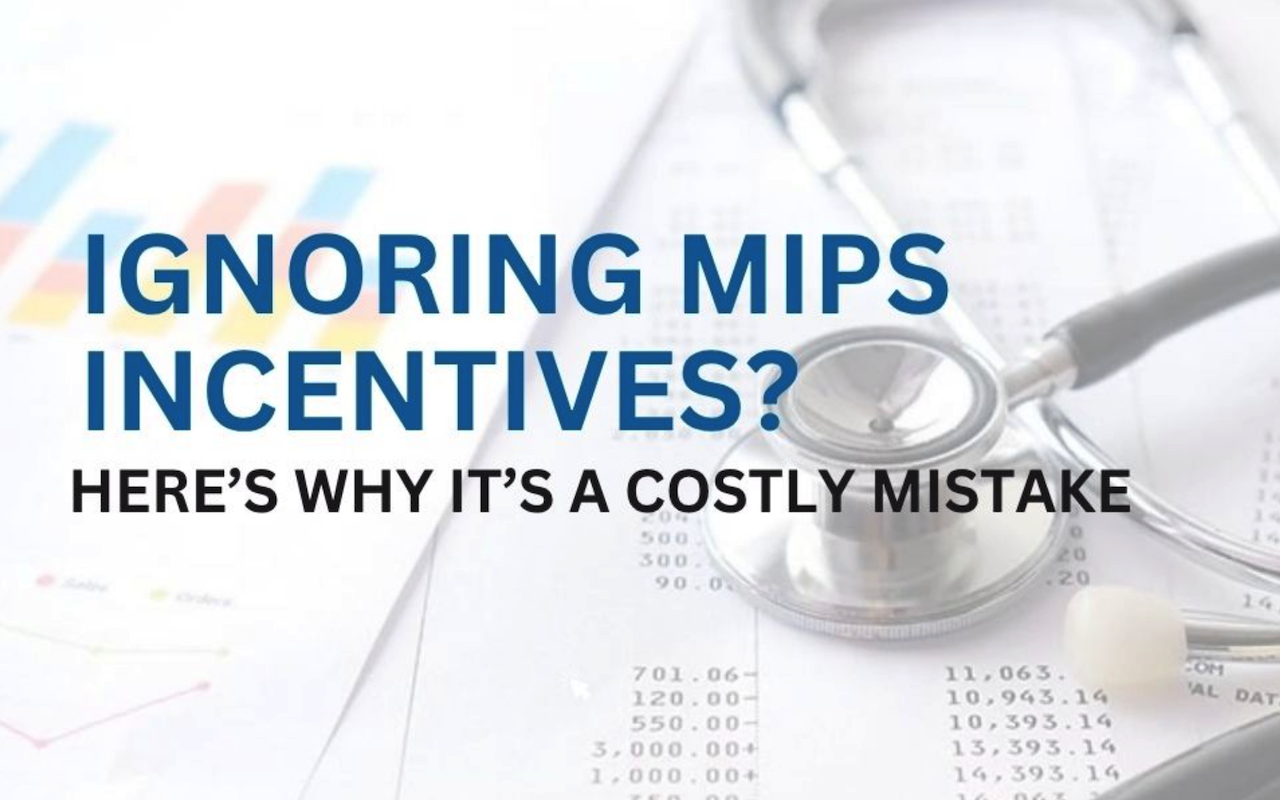
College represents one of life's most transformative periods, bringing together academic challenges, social growth, and personal development in an increasingly digital world. The transition from high school to college life now requires students to navigate not only traditional challenges but also complex digital environments that can either support or hinder their well-being.









